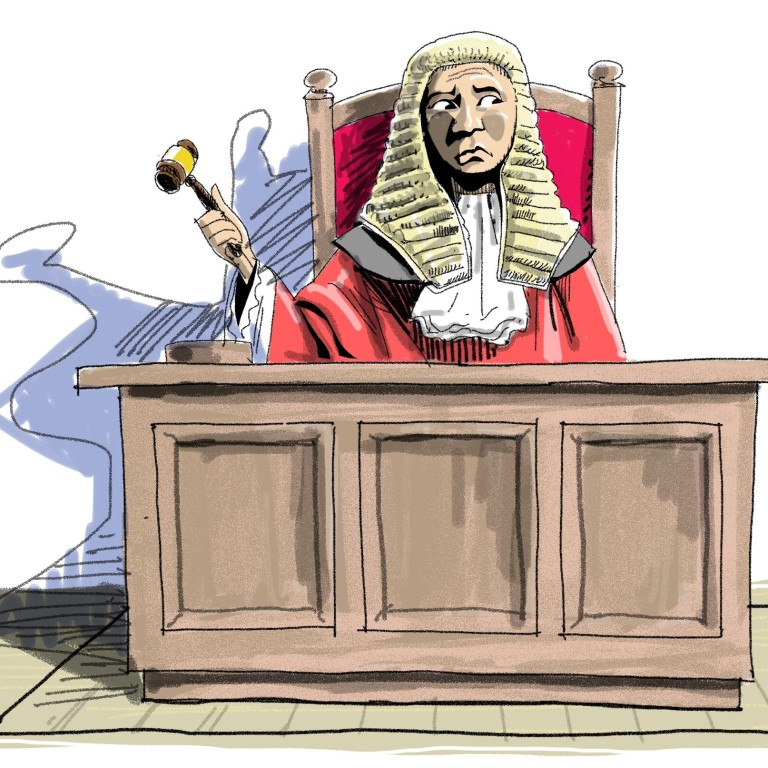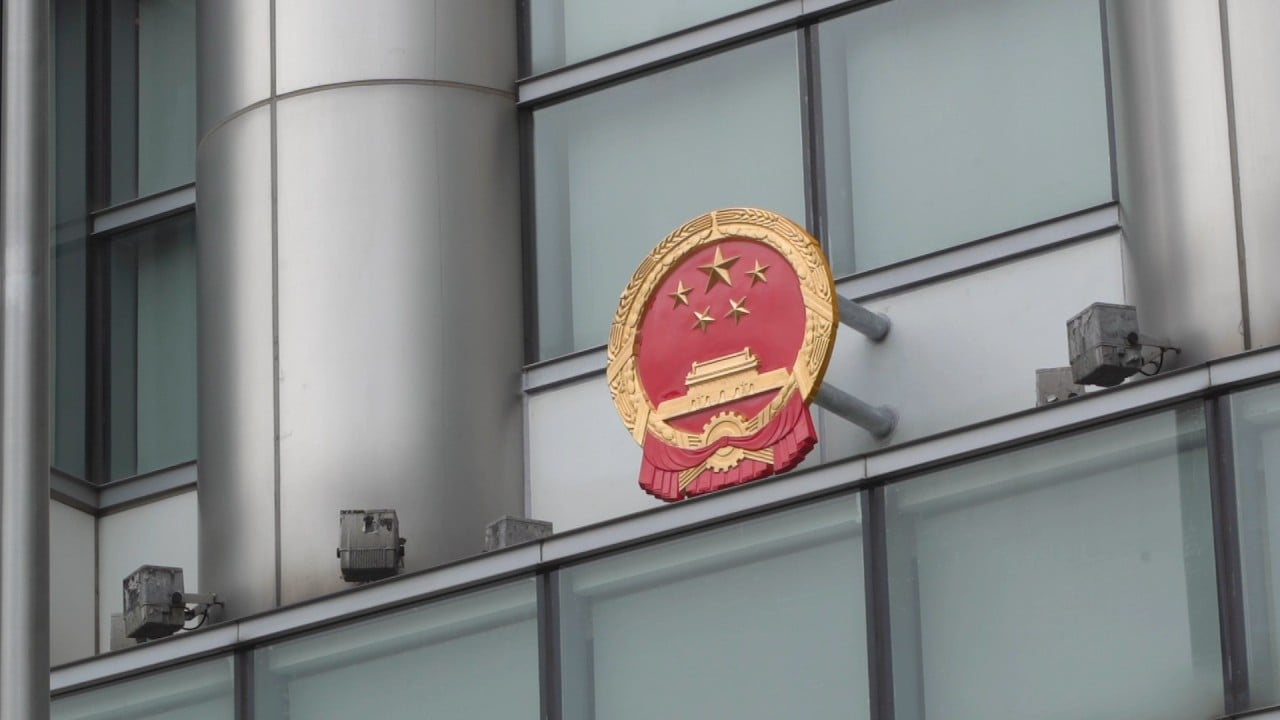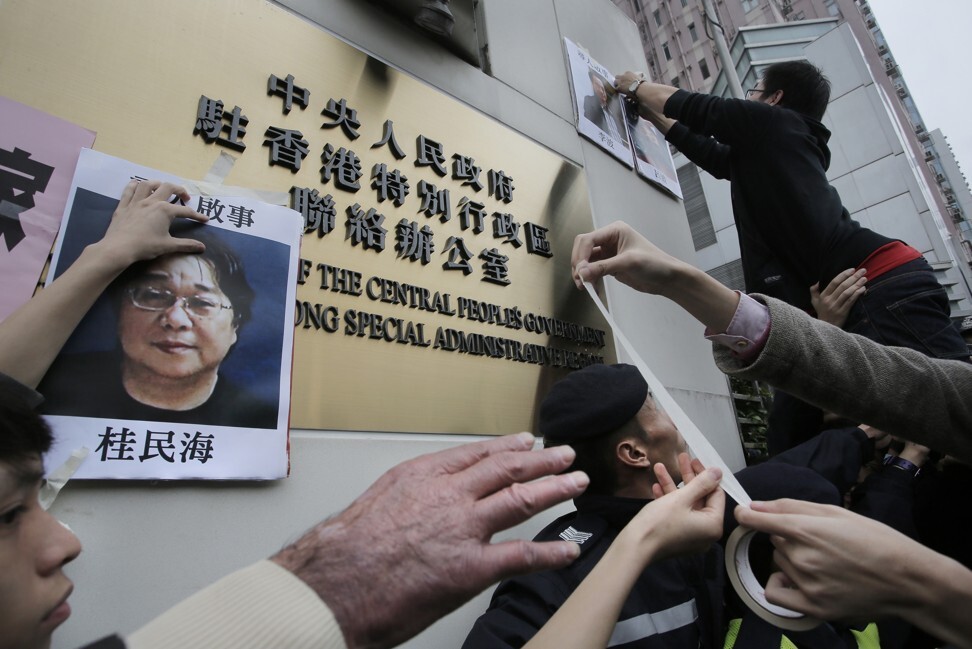
Hong Kong national security law: New institutions show China’s true intent
- New law devotes a great deal of attention to setting up special institutions and procedures for handling cases deemed to involve national security
- Assurances over constraints on these institutions are weakened by central government’s treatment of Gui Minhai, Pu Zhiqiang and other political enemies
“I don't care who does the electing, so long as I get to do the nominating.” So said Boss Tweed, head of 19th century New York’s infamous Tammany Hall political machine. By the same token, it matters less who does the legislating or what they legislate than who does the prosecuting and judging.
The relevant part of the quote in full, with the omitted material italicised, is: “It’s the institutions and the processes that count. Language matters only if there are institutions that will make it matter. This whole law is about avoiding the involvement of such institutions.”
Thus, Mr Tong’s question – “So what institutions are the professor saying had been ‘avoided’ by the law?” – is easily answered: institutions that will make language matter. Here is what I mean.

02:45
Hong Kong hotel becomes home to Beijing’s new national security office in the city
In effect, the security law sets up two separate tracks for handling such cases, either of which can be used. The first track consists of Hong Kong institutions staffed largely by Hong Kong people. However, at each stage of the case – investigation, prosecution and adjudication – the law deems the ordinary process of law in Hong Kong to be inadequate and sets up special bodies whose staffing is heavily influenced by mainland authorities.
For investigating cases, the law sets up a special subunit of the police force, the head of which is appointed not by their immediate superior but directly by the chief executive after consultation with the national security office, a wholly mainland body.
For prosecutions, the law sets up a special division within the Department of Justice, the head and all prosecutors of which must be approved by the mainland’s national security office.
What the national security law makes clear: politics trumps business
Mr Tong assures us that none of this is cause for worry, that language cannot be twisted and nobody will be unjustly prosecuted. The sorry history of China’s criminal prosecutions of the politically disfavoured refutes him.

Mr Tong’s assurance that the International Covenant on Civil and Political Rights remains the law in Hong Kong is contradicted not only by the text of the national security law itself – for example, in making denial of bail the general rule instead of the opposite – but more clearly by the police banners explicitly warning the public that mere speech will be deemed a crime.

03:03
Hong Kong publishers resort to self-censorship under new security law
As Mr Tong says, the proof of the pudding is in the eating. We shall see. I first came to Hong Kong in 1977 and have an abiding fondness for the city and its people. Mr Tong attributes criticism of the security law to “Westerners”, relegating Hong Kong citizens to the role of passive objects of control while blaming outsiders – a classic move of authoritarian regimes.
Unlike Mr Tong, the Hong Kong people I know – including mainlanders who treasure what has made Hong Kong great – are deeply concerned. Perhaps we just move in different social circles.
Donald Clarke is a professor at the George Washington University Law School in Washington. He is a member of the Council on Foreign Relations

